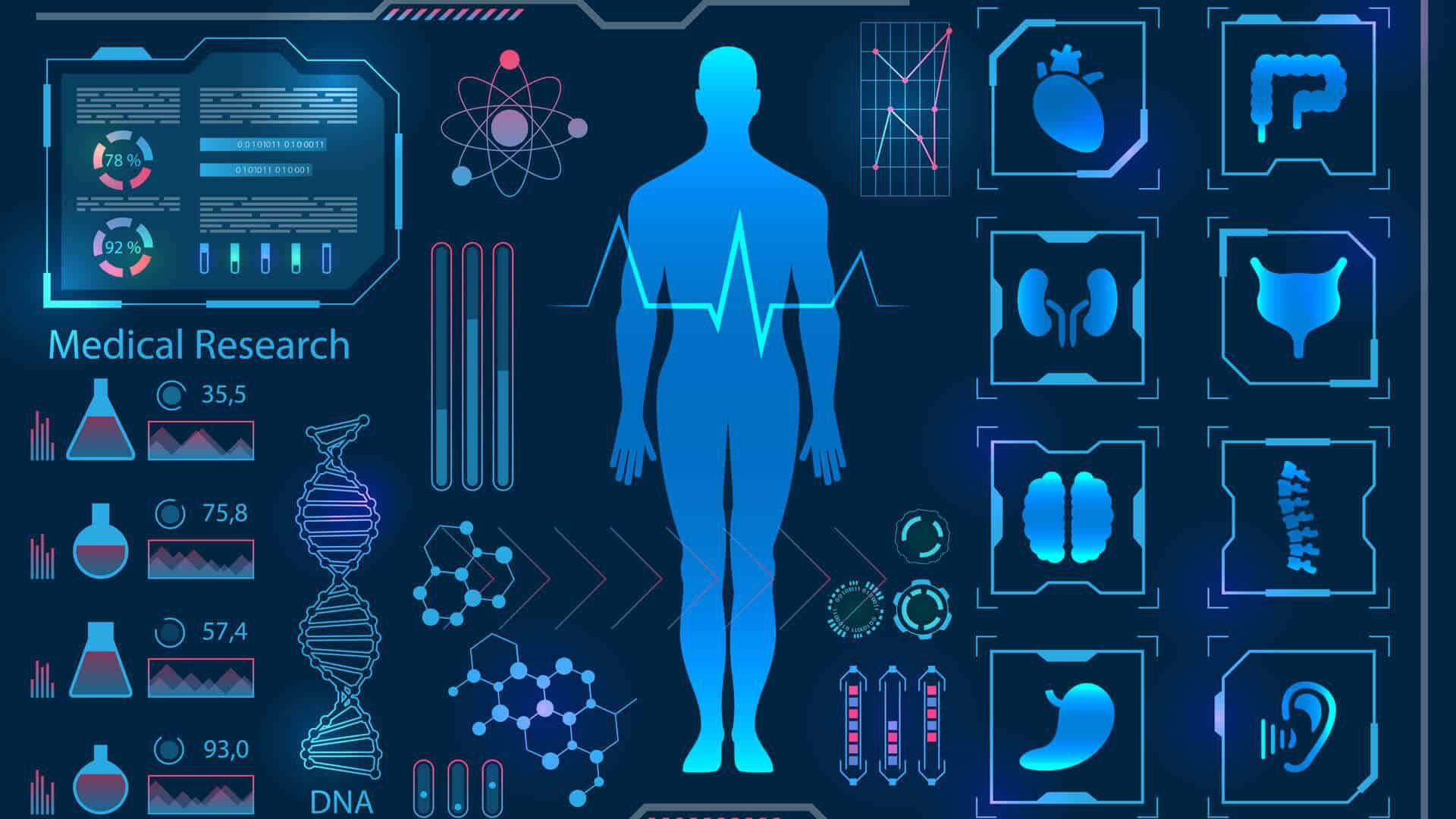
.* AI’s Leap into Healthcare: Revolutionizing Diagnostics and Treatment.* AI’s Leap into Healthcare: Revolutionizing Diagnostics and Treatment Artificial intelligence (AI) has emerged as a transformative force in the healthcare industry, with its immense potential to revolutionize the way diseases are diagnosed and treated. In recent years, AI-powered technologies have made significant strides, poised to reshape the healthcare landscape. Diagnostics: Enhanced Accuracy and Efficiency AI algorithms can analyze vast datasets to identify patterns and detect diseases with unprecedented accuracy. They can sift through medical images, such as X-rays and MRIs, flagging potential abnormalities that may be overlooked by human eyes. This enhanced diagnostic ability enables early disease detection, improving prognosis and reducing the risk of misdiagnosis. Precision Medicine: Tailored to Individual Patients AI algorithms can delve into patients’ genetic profiles, medical histories, and lifestyle factors to personalize treatment plans. By leveraging this information, healthcare providers can identify the most effective therapies for each patient, optimizing outcomes and minimizing side effects. Precision medicine empowers individuals to take an active role in managing their health. Treatment: Precision and Innovation AI systems are also revolutionizing drug discovery and development. They can simulate clinical trials in virtual environments, testing thousands of potential drug combinations in a matter of days. This accelerated process leads to the development of safer and more effective treatments faster than ever before. Clinical Decision Support: Assisting Healthcare Professionals AI algorithms assist healthcare professionals by providing real-time clinical guidance during patient exams and consultations. By analyzing patient data and accessing vast medical knowledge bases, AI systems can suggest optimal treatment options, alert providers to potential risks, and even predict disease progression. Patient Engagement and Empowerment AI-powered mobile apps and online platforms connect patients with their health information, empowering them to track their own health and engage in self-management. By providing personalized health insights and real-time support, AI promotes patient empowerment and improves adherence to treatment plans. Challenges and Ethical Considerations While AI holds immense promise, it also presents challenges that need to be addressed. Ensuring data privacy, addressing potential biases in algorithms, and navigating regulatory frameworks are crucial for responsible AI implementation in healthcare. Conclusion The integration of AI into healthcare is a transformative journey. Its potential to revolutionize diagnostics, personalize treatments, and empower patients is undeniable. By harnessing the power of AI, we can create a healthcare system that is more efficient, precise, and patient-centered, ultimately improving health outcomes and enhancing the well-being of individuals worldwide.
Posted inNews